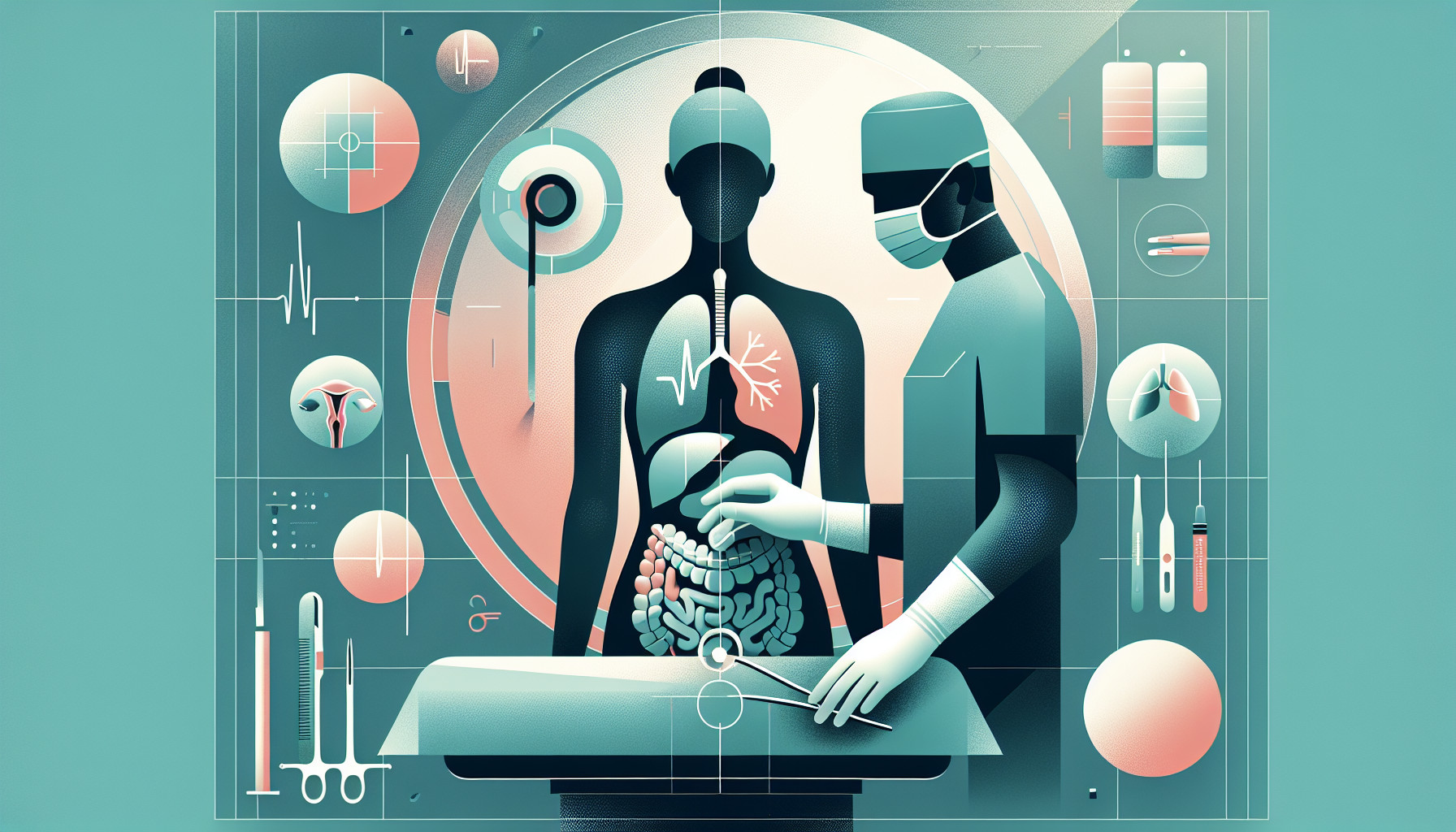Our Summary
This research paper investigates whether smoking has an effect on the healing process after undergoing surgery for a full-thickness rotator cuff tear. The study focused on 34 heavy smokers and compared their healing process with that of 34 nonsmokers. The nonsmokers were selected based on factors such as age, tear size, and fatty infiltration, which are known to influence the outcome of rotator cuff repair. The results of the study showed that heavy smokers had a higher rate of healing failure after surgery compared to nonsmokers. However, there was no significant difference in functional outcomes between the two groups. This suggests that smoking can negatively affect the healing process after rotator cuff surgery. Therefore, surgeons should pay special attention to heavy smokers who are due to undergo this type of surgery.
FAQs
- Does smoking affect the healing process after rotator cuff surgery?
- Were there any significant differences in functional outcomes between heavy smokers and non-smokers after rotator cuff surgery?
- What factors were considered when selecting the non-smokers for the study on healing after rotator cuff surgery?
Doctor’s Tip
A helpful tip a doctor might tell a patient about rotator cuff repair is to quit smoking before and after the surgery, as smoking can negatively impact the healing process and increase the risk of healing failure. Quitting smoking can improve the chances of a successful recovery and optimal outcomes after rotator cuff repair surgery.
Suitable For
Patients who are typically recommended for rotator cuff repair are those who have a full-thickness tear of the rotator cuff, which is a common injury in adults. This type of injury can cause significant pain, weakness, and limited range of motion in the shoulder.
Factors that may influence the decision to undergo rotator cuff repair include the size of the tear, the patient’s age, the patient’s level of activity, and the patient’s overall health. In general, younger patients with larger tears and a high level of activity are more likely to be recommended for surgery, as they may have a better chance of successful healing and improved function after surgery.
Additionally, patients who have tried conservative treatments such as physical therapy, anti-inflammatory medications, and corticosteroid injections without success may also be recommended for rotator cuff repair. It is important for patients to discuss their symptoms and treatment options with their healthcare provider to determine the best course of action for their individual situation.
Timeline
Before rotator cuff repair:
- Patient experiences pain, weakness, and limited range of motion in the shoulder.
- Patient undergoes imaging tests such as MRI to diagnose the full-thickness rotator cuff tear.
- Surgeon discusses treatment options with the patient, including the possibility of surgery.
- Patient undergoes pre-operative evaluations to assess their overall health and fitness for surgery.
After rotator cuff repair:
- Patient undergoes surgery to repair the torn rotator cuff tendon.
- Patient goes through a period of post-operative pain management and physical therapy to regain strength and range of motion in the shoulder.
- Patient follows a rehabilitation program to gradually increase the intensity of exercises and activities.
- Patient attends follow-up appointments with the surgeon to monitor the progress of healing and address any concerns or complications.
- Patient gradually returns to their normal activities and may experience improved shoulder function and reduced pain over time.
What to Ask Your Doctor
- How long will it take to recover from rotator cuff repair surgery?
- What are the potential risks and complications associated with this surgery?
- Will I need physical therapy after the surgery, and if so, for how long?
- What restrictions or limitations will I have during the recovery process?
- How soon can I return to regular activities, such as work and exercise?
- Will I need any pain medication or other treatments post-surgery?
- Are there any specific lifestyle changes or precautions I should take to aid in the healing process?
- What is the success rate of rotator cuff repair surgery, and what factors may affect the outcome?
- Are there any alternative treatment options to consider before proceeding with surgery?
- How can smoking impact the healing process after rotator cuff repair surgery, and should I quit smoking before the procedure?
Reference
Authors: Park JH, Oh KS, Kim TM, Kim J, Yoon JP, Kim JY, Chung SW. Journal: Am J Sports Med. 2018 Oct;46(12):2960-2968. doi: 10.1177/0363546518789691. Epub 2018 Aug 21. PMID: 30129777
